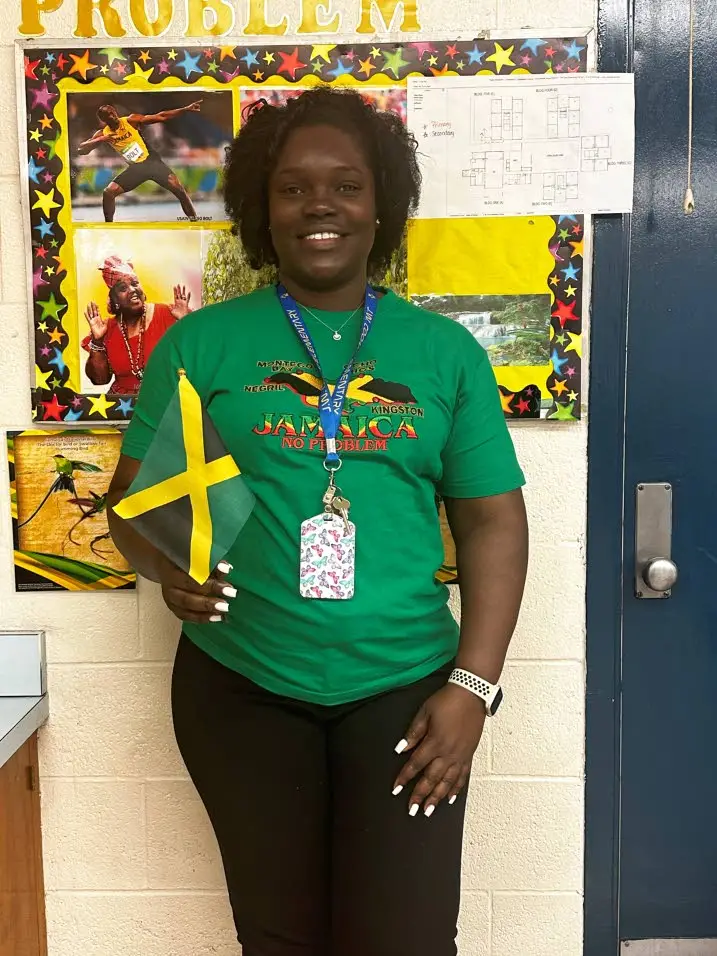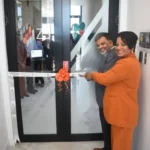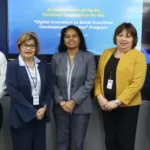For many educators, the classroom is not just a place of learning but a gateway to the world. One Jamaican teacher has taken this concept to heart, trading her local roots for an international stage where she blends culture, education, and innovation.
Camilla Walsh-Reynolds, an esteemed educator with over two decades of experience, has embarked on a journey that goes beyond borders. Through her role in the Participate Learning programme, she is not only shaping young minds but also serving as a bridge between Jamaican and American education systems.
Her transition to the United States was fueled by a desire to explore new teaching methodologies while sharing the vibrancy of her homeland. Now stationed at JW Coon Elementary in North Carolina, Walsh-Reynolds has discovered how cultural immersion enriches both students and teachers alike.
“Teaching should never be static. The world is evolving, and education should evolve with it,” she says. “Bringing Jamaican perspectives into American classrooms helps broaden students’ understanding of the world.”
A Classroom Without Borders
Walsh-Reynolds believes in integrating cultural narratives into the curriculum, turning traditional lessons into interactive experiences. Whether through Caribbean storytelling, history lessons with a global perspective, or introducing Jamaican traditions, she has created an environment where students develop a global mindset.
Her students, many of whom had never encountered Jamaican culture before, now celebrate its richness through music, art, and food-inspired learning activities. “The beauty of cultural education is that it makes the world feel smaller and more connected,” she explains.
Lessons from Teaching Abroad
While some aspects of teaching remain universal, Walsh-Reynolds acknowledges the distinct advantages of working in an American school system.
“One of the biggest differences is access to resources,” she notes. “Technology plays a significant role in the classroom here, and there is a strong emphasis on data-driven decision-making to track student progress.”
Additionally, smaller class sizes and structured mentorship programs help teachers refine their craft while ensuring students receive individualized attention. However, she emphasizes that strong teacher support networks are just as crucial as technology in fostering a successful learning environment.
Bringing It Back Home
Though she has embraced her international role, Walsh-Reynolds remains committed to giving back to Jamaica. She envisions returning with a wealth of knowledge that can influence education policies, improve teacher training, and reshape classroom strategies in her home country.
One approach she is particularly passionate about is small group instruction, a technique that allows educators to provide personalized learning interventions. “It’s a method I want to champion in Jamaica because it helps students grasp complex topics in a way that traditional lecture-based teaching often fails to achieve,” she explains.
Additionally, she hopes to advocate for greater collaboration between Jamaican educational institutions and international teacher exchange programs, allowing more educators to gain exposure to global best practices.
Empowering Educators for the Future
For aspiring teachers considering similar opportunities, Walsh-Reynolds encourages them to embrace the possibilities of international teaching.
“This experience has given me a broader perspective on education, and I encourage other teachers to step beyond their comfort zones. It’s not just about personal growth—it’s about impacting students on a global scale.”
As she continues to shape young minds across borders, her story serves as a testament to the power of education in building connections, breaking barriers, and inspiring the next generation of global citizens.






